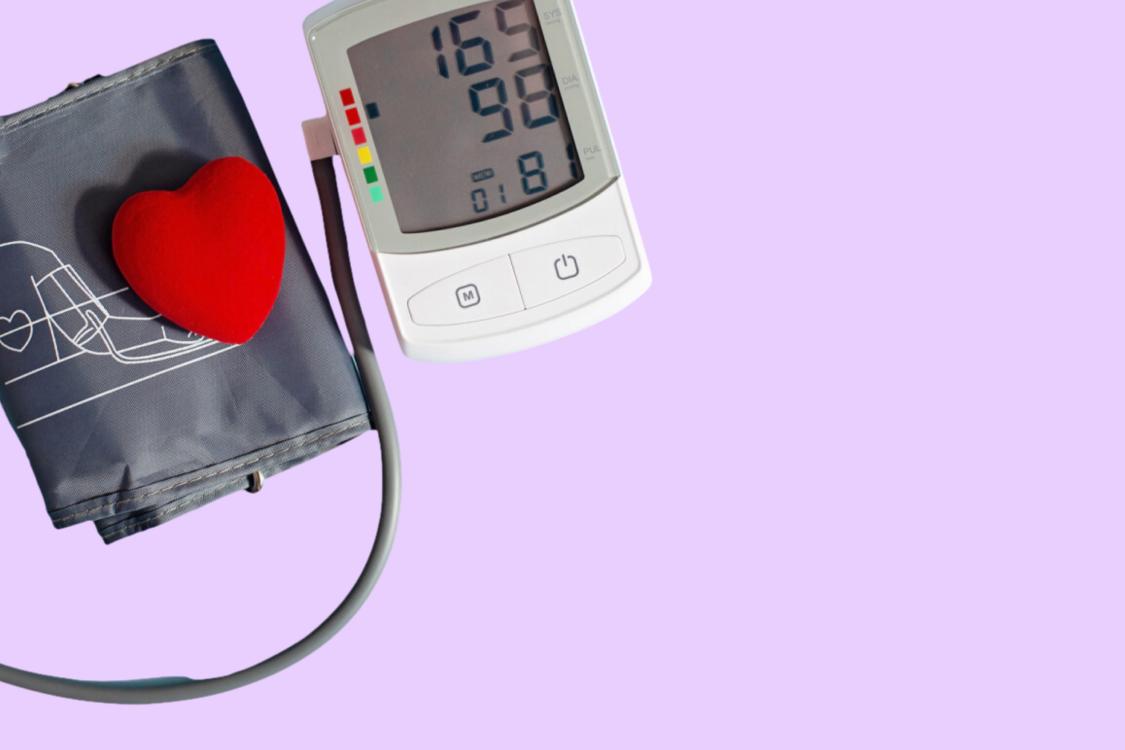Hypertension Hazards Unraveled: 🤰
Understanding Hypertension during Pregnancy: 🩺
Hypertension affects approximately 6-8% of pregnancies worldwide, making it one of the most common medical conditions during gestation. It is characterized by consistently elevated blood pressure levels, posing potential risks to both you and your baby. The exact cause of hypertension in pregnancy isn't always clear, but factors such as obesity, pre-existing high blood pressure, and certain medical conditions can increase the likelihood. Regular prenatal check-ups are essential to monitor your blood pressure and detect any abnormalities early on.
The Hazards of Hypertension: ⚠️
Hypertension during pregnancy can lead to a range of complications that require careful attention.
One significant risk is preeclampsia, a condition that typically develops after 20 weeks of pregnancy.
Preeclampsia is characterized by high blood pressure, protein in the urine, and damage to organs such as the liver and kidneys. It can restrict blood flow to the placenta, affecting the baby's growth and development. Gestational hypertension, another form of high blood pressure during pregnancy, may not include proteinuria but still requires close monitoring due to potential risks.
Managing Hypertension for a Healthy Pregnancy: 🌱
Although hypertension during pregnancy can be challenging, there are several steps you can take to manage it and promote a healthy pregnancy. Here are some practical tips to keep in mind:

